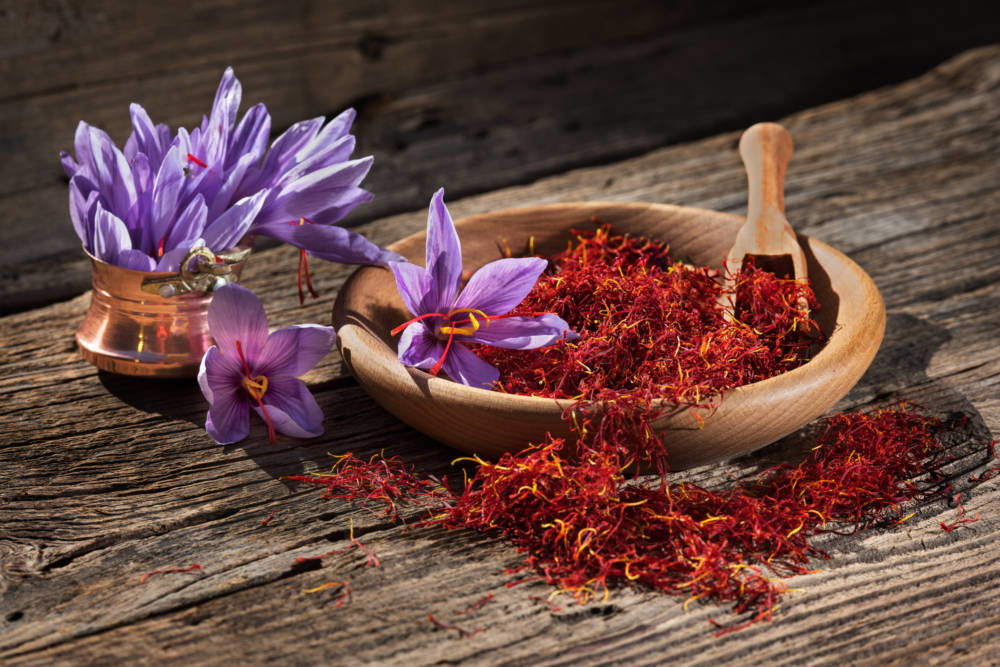160 adults with persistent depression and taking a pharmaceutical antidepressant enrolled in the randomized, double-blind, placebo-controlled study; 139 gave usable data. Participants were given either a placebo or a 14mg of a saffron extract known as affron. The outcome was measured primarily by the clinician-rated Montgomery-Åsberg Depression Rating Scale (MADRS) and by the self-rated MADRS. The researchers also used the Antidepressant Side-Effect Checklist and Short Form-36 Health Survey to measure secondary outcomes.
Related: Study: Walnuts May Lower Risk of Depression 5 Essential Oils for Stress and Depression Smart Supplements For: Sharper, Calmer, Happier
As measured by the clinician-rated MADRS, there was significant improvement in the saffron group: Depressive symptoms decreased by 41% in those taking saffron, but only by 21% in those on a placebo (p=0.001). However, scores on the self-rated MADRS only decreased by 27% and 26% in the saffron and placebo groups, respectively (p=0.831). Saffron was non-significantly associated with a greater reduction in adverse effects of antidepressants (p=0.449). Quality of life improved in both groups, with no significant differences between groups.The study notes that, given the conflicting results, “further research is needed to clarify the clinical benefits of saffron as an adjunctive treatment for adults with persistent depressive symptoms despite antidepressant drug treatment.”










